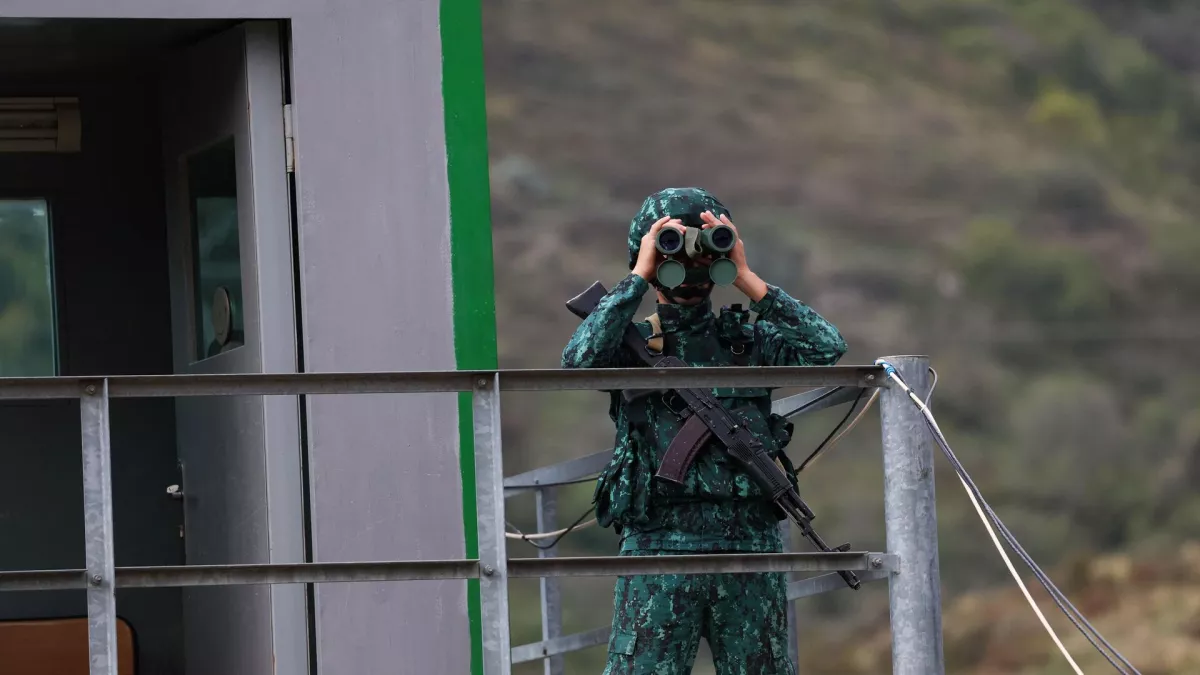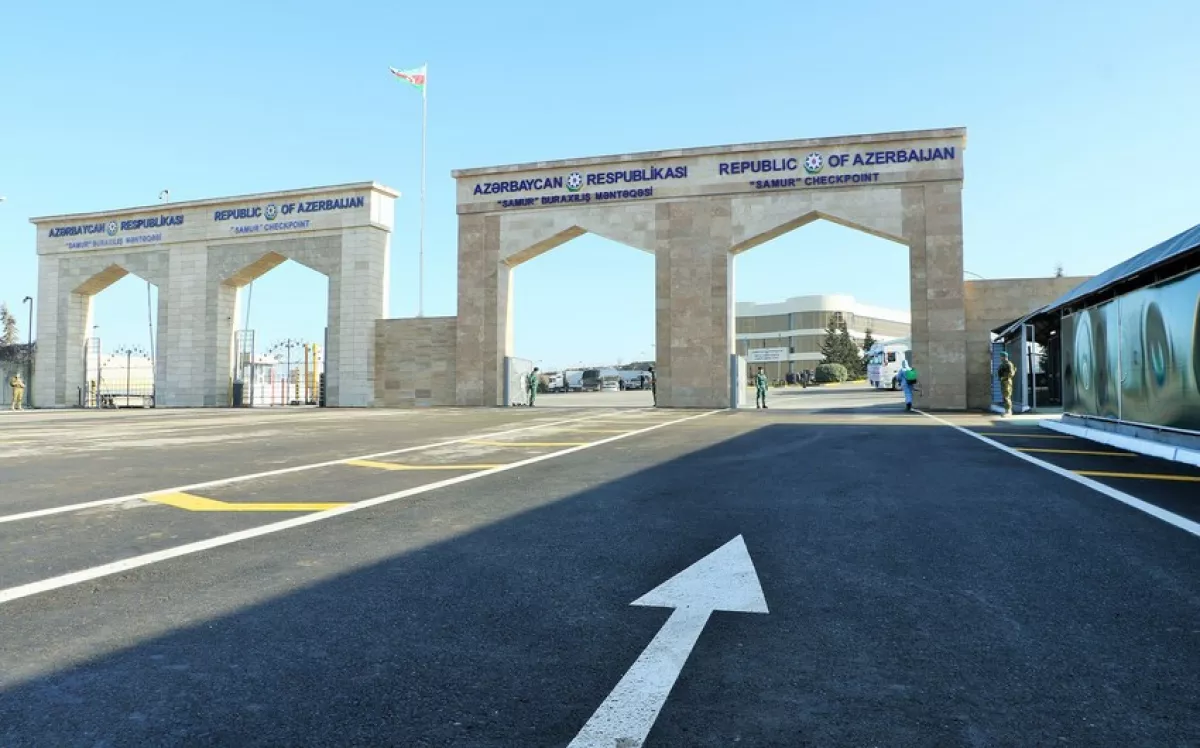Ahead of the storm The Azerbaijani model of border security
Against the backdrop of a rapid escalation in the Middle East, where US strikes on Iranian nuclear facilities in Fordow, Natanz, and Isfahan have, in fact, marked the beginning of a new phase of confrontation between Tehran and Washington, the significance of less conspicuous but strategically calculated actions by individual states is becoming increasingly clear in the shadow of major geopolitical decisions.
One such decision, anticipating the logic of the times, was Azerbaijan’s maintenance of a closed-border regime, introduced during the COVID-19 pandemic back in spring 2020. At first glance, this measure appeared to be sanitary in nature. In reality, it has become one of the key elements of the national security architecture.
It would not be an exaggeration to say that even today Azerbaijan is surrounded by zones of instability. To the south lies a blazing Iran, caught at the epicentre of geopolitical pressure and potential retaliatory escalation. To the north is Russia, waging a full-scale war in Ukraine, with increasingly unpredictable internal and external consequences. Under these circumstances, Azerbaijan has become the only country in the region where internal calm has not fallen hostage to external storms.
The decision to close land borders, made during the global pandemic shock, has proven over time to be not only appropriate but also farsighted. In a world where chaos has become the norm, controllability of movement has become a new currency of security. Azerbaijan understood this earlier than others.

Control over the borders has allowed for the minimisation of many risks. The experience of recent years convincingly demonstrates that where border regimes are weakened or merely formal, the infiltration of uncontrolled elements inevitably increases. Just look at the record of incidents in countries across the region — from unchecked activity of transnational criminal networks to the movement of armed groups through open border sections. In conditions of high geopolitical turbulence, even local failures in the border security system can lead to serious consequences. These are not hypothetical assumptions or mere conjectures on our part, but conclusions supported by the experience of countries where control was replaced by the illusion of openness.
Azerbaijan, on the contrary, by keeping its land borders closed, has ensured stability amid external turbulence. This measure, though accompanied by certain inconveniences for citizens, has strengthened the security framework: today, neither transnational criminal networks, religious extremists, nor armed proxies of certain states operate within the country’s territory.
It is important to understand that closing the borders does not mean isolationism. Rather, it is a filtering tool. Air connections with dozens of countries remain operational, and economic activity has not been halted. However, the key line of defence — the land borders, especially given Azerbaijan’s geographical position — remains under full control of the state. This allows not only for prompt responses to external threats but also for preventing their emergence on the country’s territory in the first place.

The current border security strategy is clearly integrated into the overall national security concept, which focuses on threat prevention rather than reactive response. This involves systematic data analysis, risk monitoring, use of intelligence sources, and cooperation with international partners. Geopolitical caution is combined with proactive diplomacy and military readiness.
Moreover, the closed-border regime has created an additional barrier against foreign political manipulations. In a region where intelligence agencies of various states—some not always friendly to us—are actively operating, such a system blocks attempts to use Azerbaijani territory for transit, recruitment, or sabotage activities. This is especially relevant in light of recent developments in the Middle East, where military confrontation between Iran and the United States is intensifying daily, putting even countries not directly involved in the conflict at risk.
Of course, this is not a matter of distrust toward internal security institutions. Azerbaijan has an effective mechanism for ensuring internal stability. However, when it comes to national security, excessive caution is not a weakness but a mark of maturity—especially in circumstances where threats may be hybrid, asymmetric, or disguised. In such situations, prevention is always preferable to reaction.
Ultimately, stability is not a matter of chance. It is the result of a system in which every element — from migration policy to coordination with military structures — works proactively. The decision to keep the borders closed is one such link. It has not been a subject of loud declarations, but in practice, it has protected the country from numerous risks. Indeed, when it comes to the security of the state and its people, there can be no risk-taking.
Here, I would like to quote a person who undoubtedly has full access to all the information and makes decisions based on available data: the President of Azerbaijan, Ilham Aliyev.
“I can say with absolute certainty that the closure of our land borders over the past years has saved us from many major disasters. Even today, when the borders are closed, dangerous actions do take place and these actions are prevented,” said President Ilham Aliyev in his speech at the first session of the VII convocation of the parliament in September 2024.

While a new wave of confrontation rages on the southern border and unpredictability intensifies to the north, Azerbaijan remains a rare point of stability. And this is no accident, but a calculated strategy. A strategy that works. Let us once again emphasise that the closed land borders are a temporary measure aimed at ensuring maximum security for the citizens amid instability in close proximity to the country.








